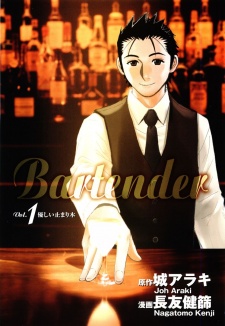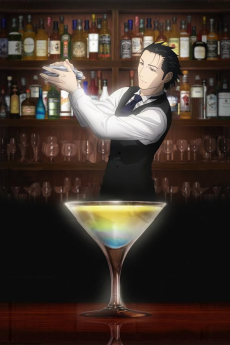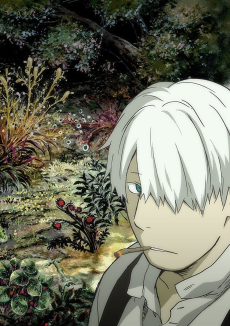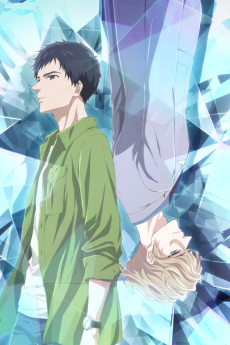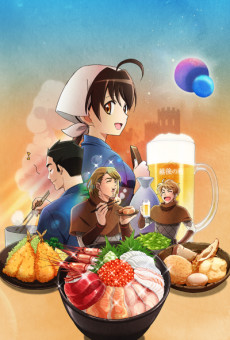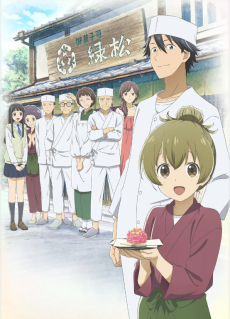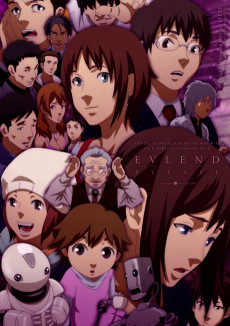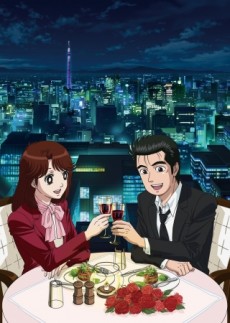BARTENDER: KAMI NO GLASS
STATUS
COMPLETE
EPISODES
12
RELEASE
June 20, 2024
LENGTH
24 min
DESCRIPTION
At Eden Hall, each glass has a story. A quiet bar lies tucked away in the streets of Tokyo, and it seems only the most desperate souls burdened by their own troubles manage to find its doors. But after a glass of God poured by the brilliant bartender Ryuu, they leave renewed. Ryuu has a gift—he knows how to soothe the soul with the perfect drink. Who will he meet next?
(Source: Crunchyroll)
CAST
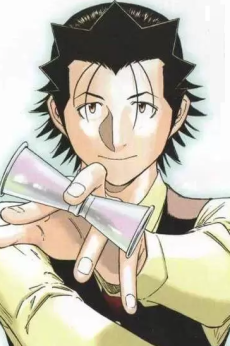
Ryuu Sasakura
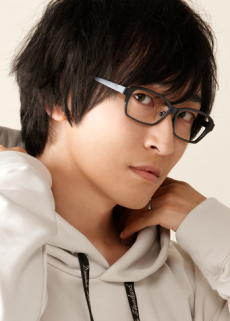
Takuma Terashima
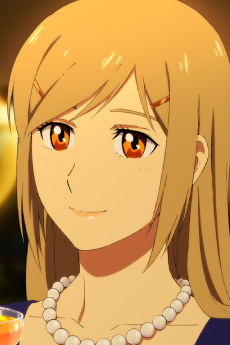
Miwa Kurushima
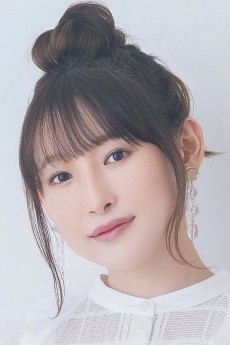
Yoshino Nanjou
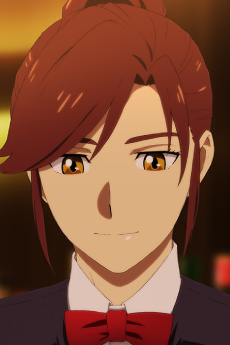
Kyouko Kawakami
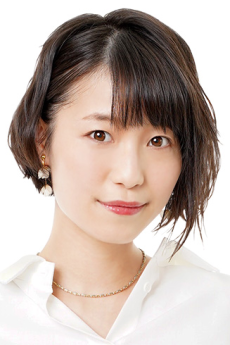
Eriko Matsui
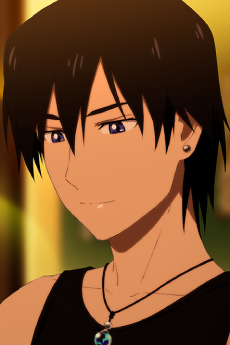
Yuri Kinjou
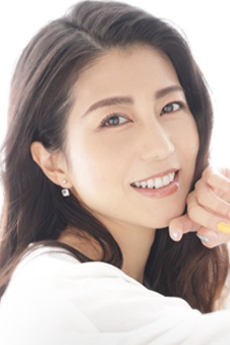
Ryouko Shiraishi
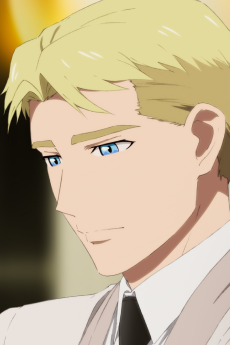
Kelvin Chen
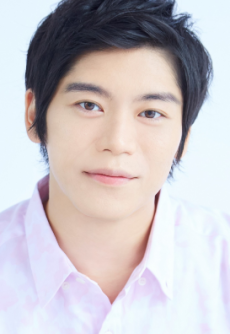
Makoto Furukawa
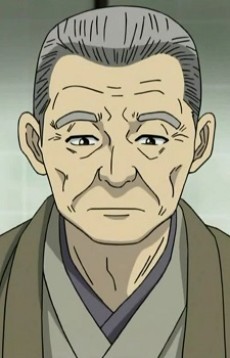
Taizo Kurushima

Mugihito
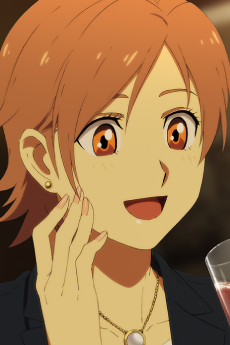
Yukari Higuchi
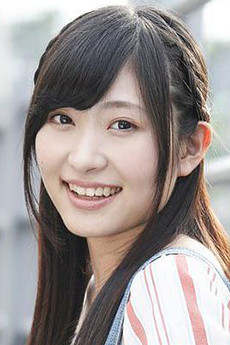
Haruka Shiraishi
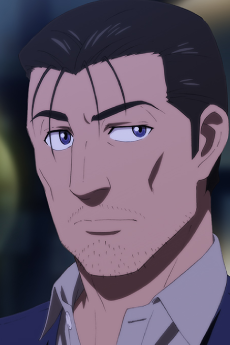
Kitakata
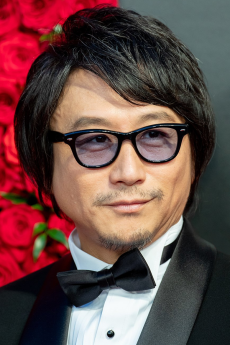
Hiroki Touchi
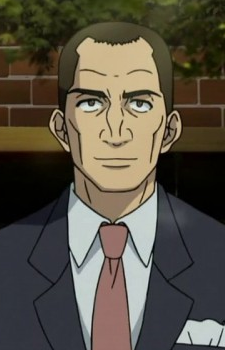
Kamishima-bucho

Itaru Yamamoto
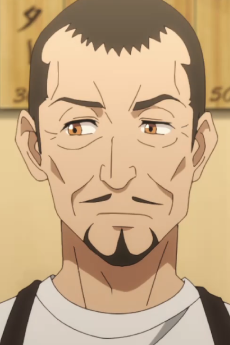
Ogura no Taishou
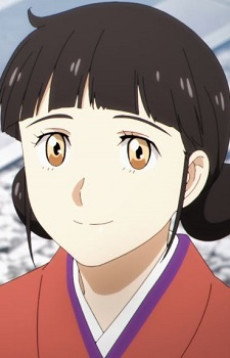
Chitose Tachibana
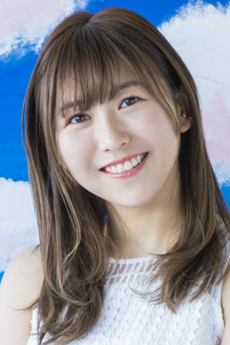
Kiyono Yasuno
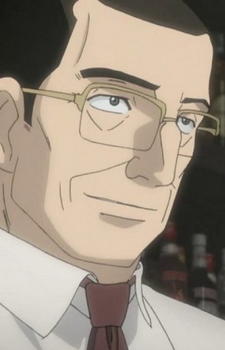
Ryuuichi Kuzuhara
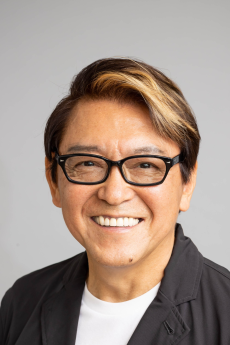
Naoya Uchida
EPISODES
Dubbed
RELATED TO BARTENDER: KAMI NO GLASS
REVIEWS

melamuna
70/100a slow-burn exploration of human longingness and solace through the taste of a cocktailContinue on AniList

Cocktail mixology is a prestige form of art that involves creating different mixtures of ingredients and the methods of creating said drink, creating different kinds of distinct flavors tailored to the person's preferred cocktail. Bartenders would take it a step further and add the skill of hospitality, relaxing the customers, whether it's maintaining the high mood they've gotten prior to entering or keeping the tense out of the person that may have caused from an internal battle towards others or themselves, and offering a drink of solace. ***
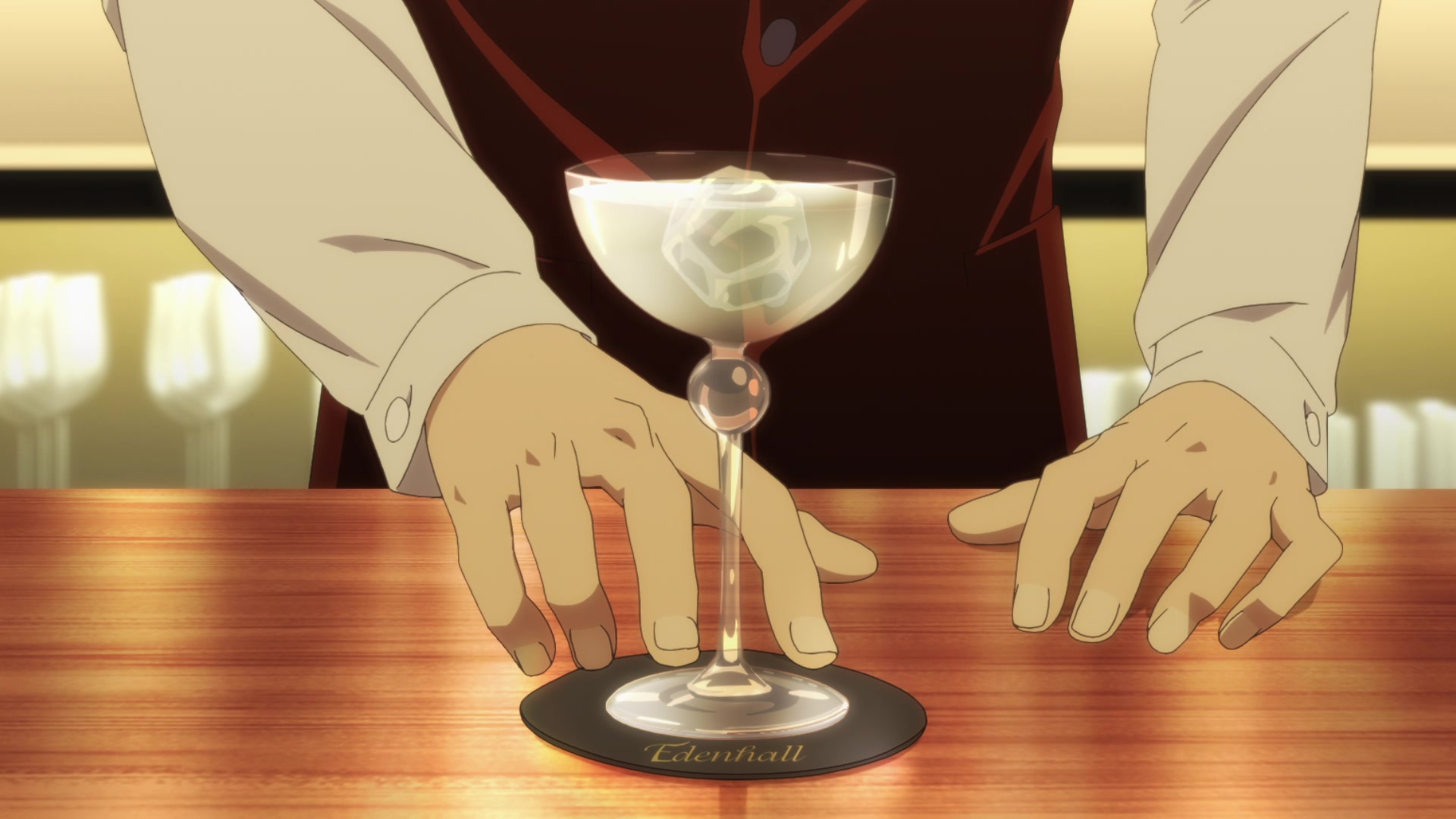
This adaptation of Bartender: Glass of God offers that comforting solace in the cocktail in the span of 20 minutes per episode. Each scene inside the bar brings the vibe of comfort as Ryuu Sasakura (Takuma Terashima) welcomes you with his gentle voice, assuring that the bar is a place to unwind from the chaos, and delicately prepares you a cocktail in sequence with silky-smooth, thirst-inducing visuals complimented by the dim yet relaxing aesthetics and the sound design of hearing ice shaking inside a cocktail shaker. All combined to create the most relaxing and intriguing atmosphere in the anime that makes you feel like you're part of the experience witnessing the creation of cocktail art.
Do note that this anime is not mainly focused on the cocktails and the technicalities on how to make them, as it is not where the series is trying to go for itself, but rather it's a series where you follow a man's passion for creating cocktails and witnessing people enjoying the drink he made for them, as well as little sprinkles of cocktail competitions and dramatic tension regarding cocktails along the way.
One notable aspect of the series is that as the episode count goes up, we start to deviate from the theme of the first few episodes, where the main points of the series mainly revolve around the bar, the drinks it offers, and the experiences people have when they drink the cocktail. The episode starts to deviate from its simplicity and starts exploring different characters who were introduced earlier in the episodes but are now in full spotlight. The passion of these characters wanting to make the perfect cocktail from their perspective, judged by either a professional cocktail mixer or another person, can be very riveting, but it's a huge deviation from how you expect the show to be. ***
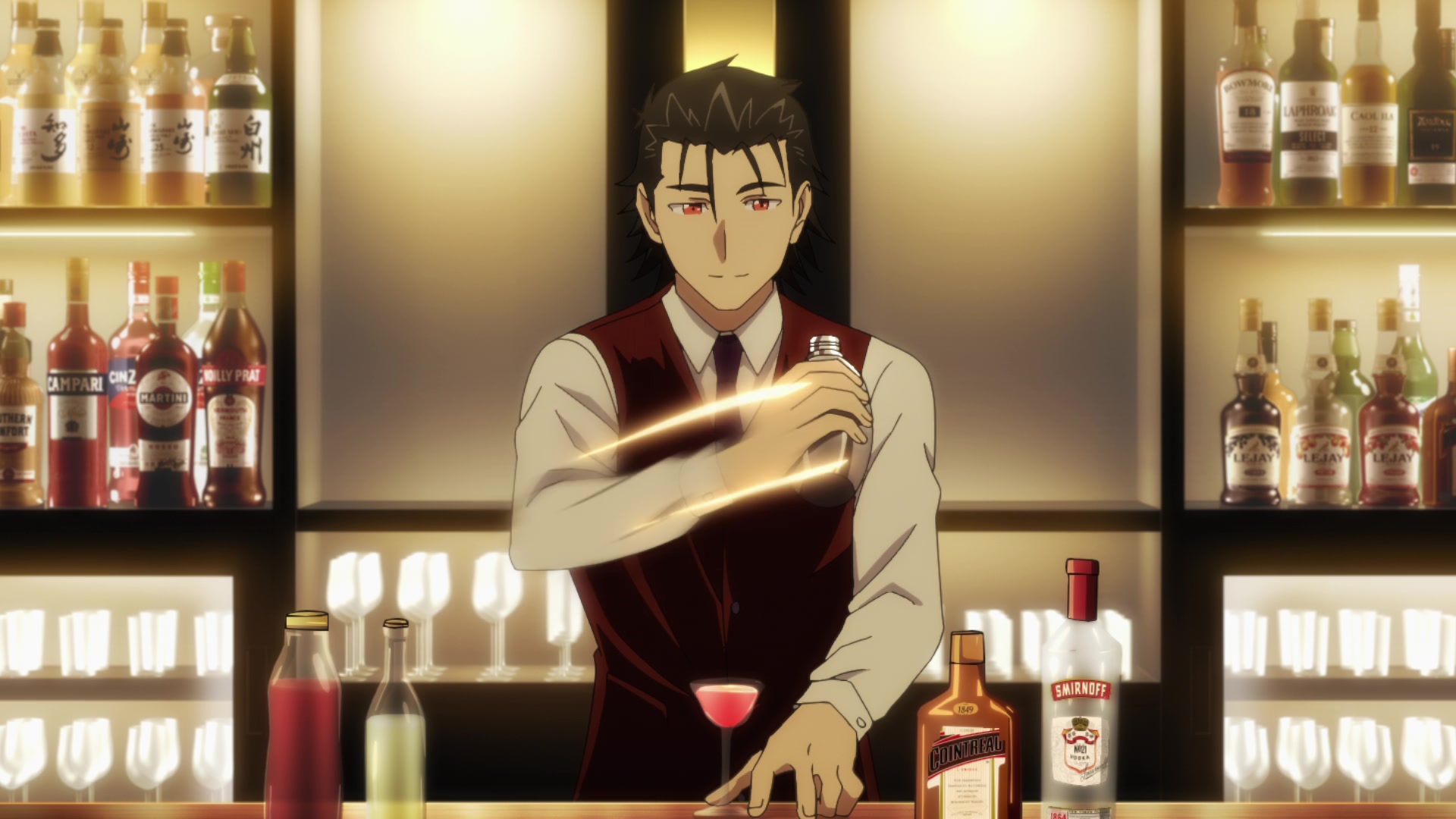
Bartender: Glass of God is a comforting anime for a specific niche of audiences who enjoy discovering any types of art creation on a specific medium, such as cocktail mixing, and for people who just want to watch an anime and just relax. There's nothing really much the series offers and risks that would console itself as the top animes of the year, and that's okay since the show offers enough for that without overstaying its welcome.

Scheveningen
70/100A mature character drama and subject matter show that does not quite blend its episodic and season long structuresContinue on AniListKami no Glass is an interesting blend of a more episodic style character drama with a subject matter centric show focusing on the craft of bartending. Despite these two elements naturally complement each other well, especially since the series plays into the idea of bartending being a way to alleviate people’s troubles, both of them never quite blend together and support each other as seamlessly as desired. Similarly, there is a distinct tension between the initial more episodic nature of the show and the season long character story it wants to tell with its recurring cast. All this creates the feeling that Kami no Glass never quite hits its stride or creates a comfortable tempo despite all its elements in isolation being of good quality. Despite this, and to the show’s credit, the dramatic moments from both its episodic stories and longer character narratives still have a punch to them. Yet to achieve this, it feels like the show leans a bit too heavily on the framing of the scene and style of dialogue instead of there being a smooth build-up that gradually reinforces and invests the audience in what is happening. Even if Kami no Glass never quite feels like it entirely gels together, its various components are still polished enough to make for a solid and mature show.
The flow of Kami no Glass ends up feeling “stuttery”, and perhaps even a little disjointed at times, due to how the opening episode was framed. It stumbles or misses the point in a counter-intuitive way since it focuses on establishing a loose overarching plot instead of the core scenario and character dynamics that will form the framework for each episode. The actual “mechanical” plot of Miwa attempting to recruit Ryu to be the bartender at the hotel she works for barely factors into most episodes of the series, being at most a loose throughline that gives a minimal sense of direction for the season to culminate at. The problem is then that it creates the impression that Kami no Glass will centre around this plot of getting Ryuu to join them. As a result of this, the episodic stories that follow its opening are made to appear unintentionally meandering or as tangents to nowhere since most of them have little connection, either thematically or directly, to the furthering of the ostensible core plot. The recruitment of Ryu and the throughline for the season could have just as easily come after the show has established what an average customer at Edenhall would experience. Having done the reverse, it creates a confusing impression since it misorders the implicit narrative priorities that frame the overall season of the show, especially for anyone who has read the synopsis which suggests that the show would have a more episodic format. While it is more than possible to do both episodic stories and a season long arc, the one-track nature of episodes that seem to do only one or another only adds to the jagged flow of the season. It leaves the show never really finding a rhythm or flow since the purpose of each episode in contributing to the goals of the series as a whole remains unclear with how they swing from episodic to focusing on a recurring story.
Most episodes operate with only a single central goal in mind, be it focusing on their “bar guest of the week” and their woes, furthering the story of a recurring character, or occasionally an episode that seems more parts dedicated to the craft of bartending. What deviations or tangents there are from the chosen central plot are mostly snippets or singular scenes, leaving each episode with little utility in reinforcing or developing other character arcs from prior episodes. This lack of a more divided A and B plot style narrative that is more common in episodic series leaves Kami no Glass feeling distinctly one-track in its execution. This creates a storytelling pattern of character threads either being introduced and resolved within the episode or placed on the back burner with only scant reminders or callbacks to them before they are brought out all at once again. While this is effective for episodic stories that are “one and done”, and even serviceable for some recurring characters with simpler arcs that can be told in chunks, it fails to build up or show complexity in core cast members over time. There is little use of their presence in episodes that focus on other characters or events to tell us more about them through things like their responses. For instance, the complicated backgrounds of both Ryu and Miwa were introduced early in the season but were developed solely in their closing episodes. While this could arguably be expected given they are the main characters of the series, there is little done between the initial hints of their past and when the narrative decides to resolve the arcs all at once. At the very least this is narratively inefficient since it crams a majority of characterisation and unveiling of depth into designated episodes, making it feel abrupt or giving it little time to breathe. But at its worst, it feels jarring or artificial for characters to have been harbouring relatively weighty feelings for episodes on end without much indication. It fails to maximize dramatic tension or suspension of disbelief in later episodes where they are resolved. In the end, only Ryu’s story is really told over multiple episodes, being tied in with some of the latter episodic plots, and given enough time to breathe. But perhaps more importantly, it makes the cast members feel flatter than they should be because of how generic it renders much of their characterisation in episodes that do not involve their arc directly.
Due to this limited focus on the gradual build-up of character arcs, there is a tendency of overreliance on the ambience set by the animation and stylishly delivered and aggrandized dialogue to sell dramatic scenes. It even occasionally reaches a point where the lofty embellishment of bartending as healing the soul of the customer does start to feel ostentatious and hard to take seriously. Some of this romanticisation of bartending is to be expected, and even necessary to create a compelling narrative out of something that can appear relatively mundane to most viewers. And despite its flamboyant wording, the dialogue does land connivingly most of the time, a testament to the well-employed skill of the writer. The pressure these statements place on the suspension of disbelief of the audience is largely down to the lack of support from other sources like having ongoing character arcs be reinforced each episode to create greater emotional investment from the audience.
Despite these shortcomings, the series itself is still captivating enough which speaks to the strength of its individual components. It is difficult to say how accurately it shows off the craft of bartending without more specialist knowledge. Perhaps it is embellished such that an informed viewer might find the technical aspects of it unconvincing or diluted. But even then, it is still captivating and clearly conveyed enough for a lay audience to find interesting. The thematic and symbolic connections made with the cocktails are still relatively surface-level, but they are still stylish and charming enough to be interesting and set a strong tone and atmosphere for the series. More than that, the show does earn some of its more mature airs with how they at least attempt to show some of the rougher or even seedier side of bartending. While it is still hardly a deep dive or a central part of the series, it at least shows that the series can tackle interesting ideas and themes in a stylish and eloquent manner when it chooses.
Overall, Kami no Glass is a show that is all around solid but lacks that seamless, or at times even smooth flow between its different elements and episodes. Too many of its initial episodes are spent with its narrative format unclear to the audience, and even after that, they feel too focused on their immediate story at the expense of serving longer form character arcs. It is still understandable why the show would be structured as such, and more focused storytelling certainly has its merits. Unfortunately, it simply does not seem to be the ideal way to tell this type of story that ideally juggles and gradually builds up multiple character arcs in the background of each episode. Despite all the show’s elements never quite clicking into place to give it that captivating spark, there is still plenty to interest a viewer who is looking for a more mature show. While at times the show can have dramatic moments that rise to almost an 8, it is hard not to feel like they have so much wasted potential with how their structural elements could better support them. On the other hand, these same structural elements leave some scenes feeling like they are a 6 with how little set-up and time to breathe they receive. With that, a 7 out of 10 feels appropriate, albeit a weaker one and with the score oddly being on the strength of its individual elements instead of them coming together to make something greater than the sum of their parts as most shows usually do.
SIMILAR ANIMES YOU MAY LIKE
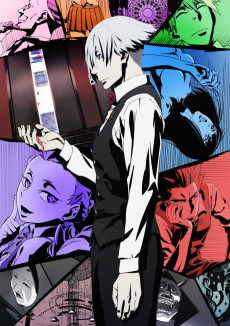 ANIME DramaDeath Parade
ANIME DramaDeath Parade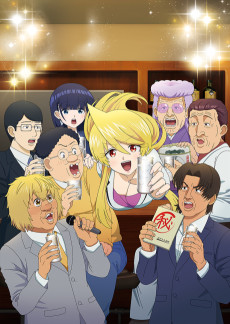 ANIME ComedySnack Basue
ANIME ComedySnack Basue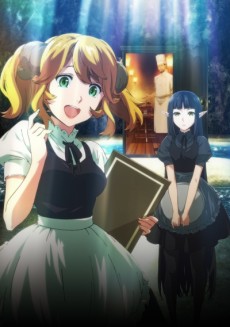 ANIME FantasyIsekai Shokudou
ANIME FantasyIsekai Shokudou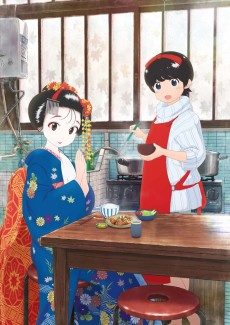 ANIME Slice of LifeMaiko-san Chi no Makanai-san
ANIME Slice of LifeMaiko-san Chi no Makanai-san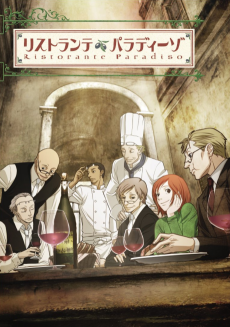 ANIME DramaRistorante Paradiso
ANIME DramaRistorante Paradiso
SCORE
- (3.65/5)
TRAILER
MORE INFO
Ended inJune 20, 2024
Main Studio Liber
Trending Level 2
Favorited by 657 Users
Hashtag #バーテンダーアニメ

